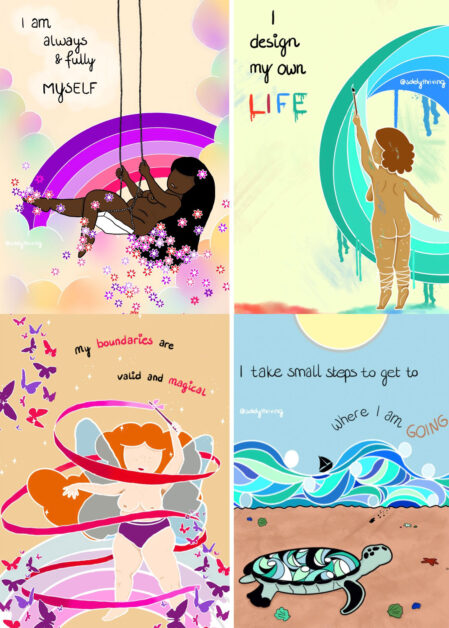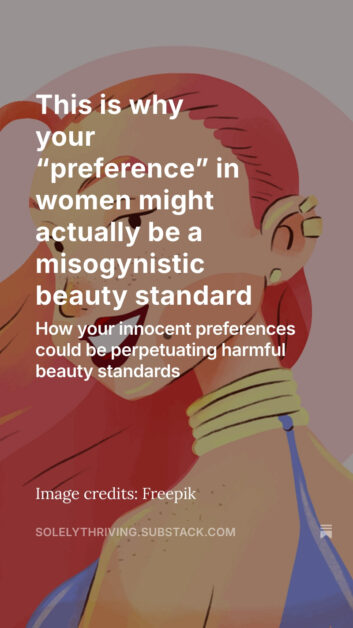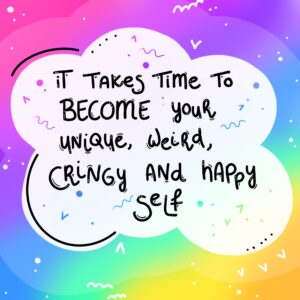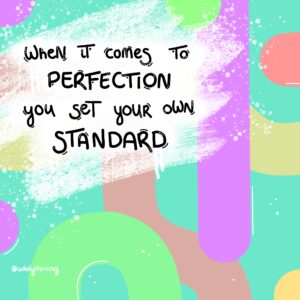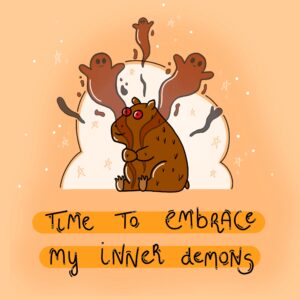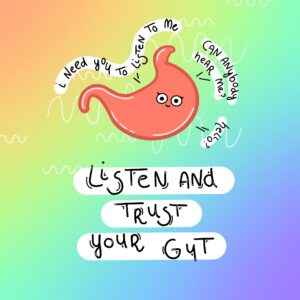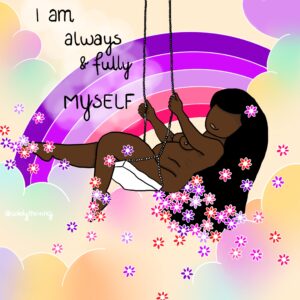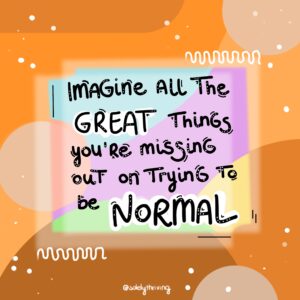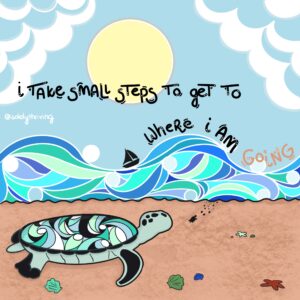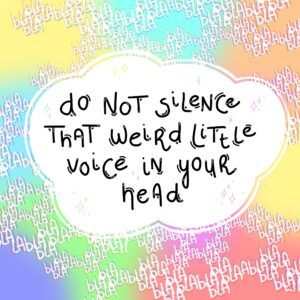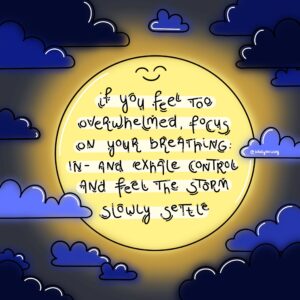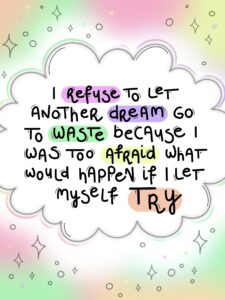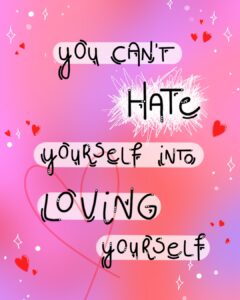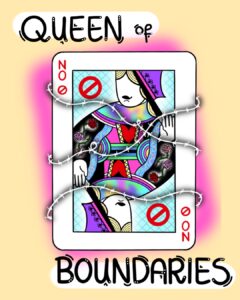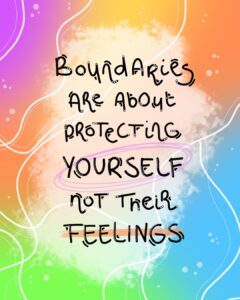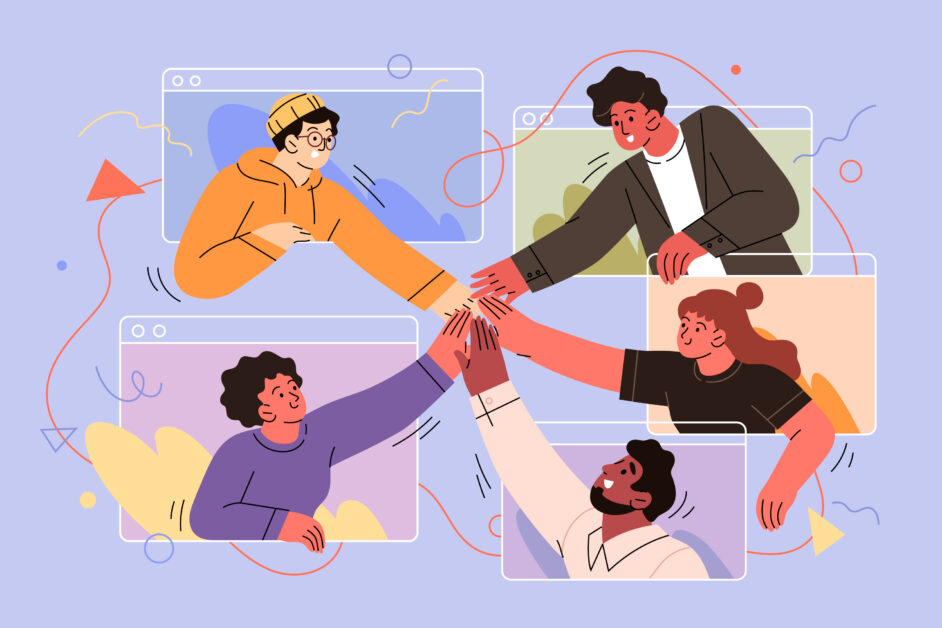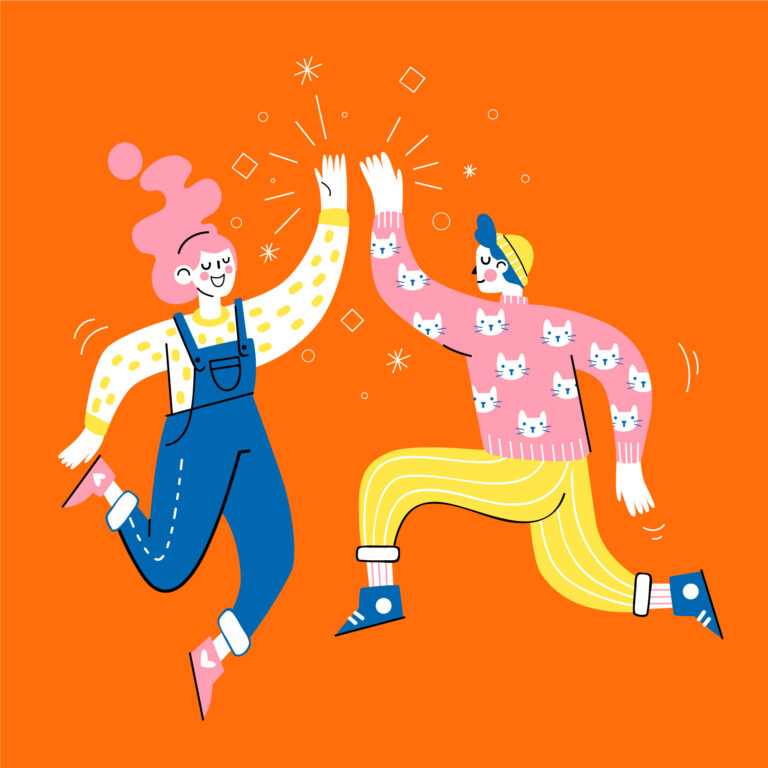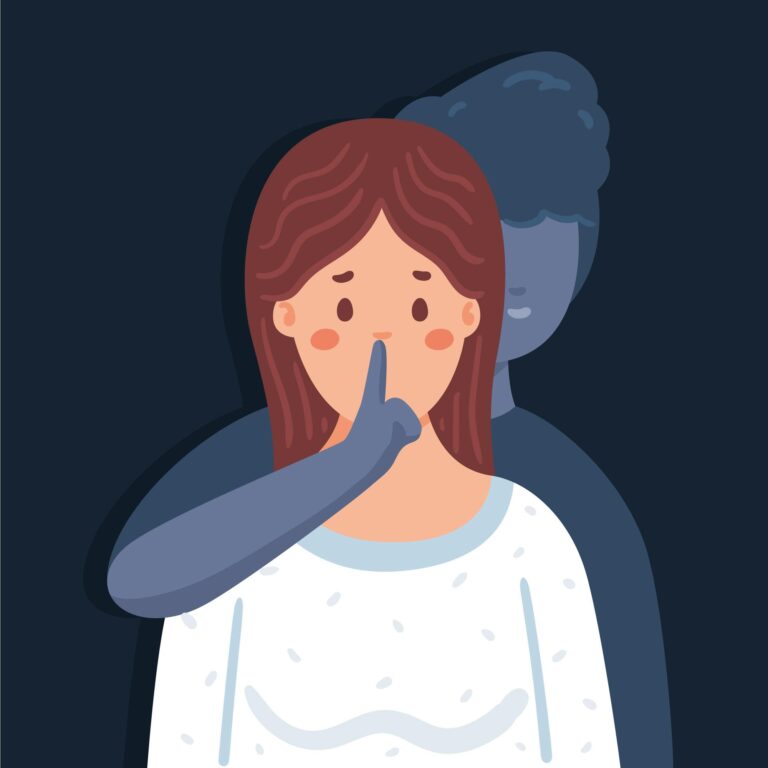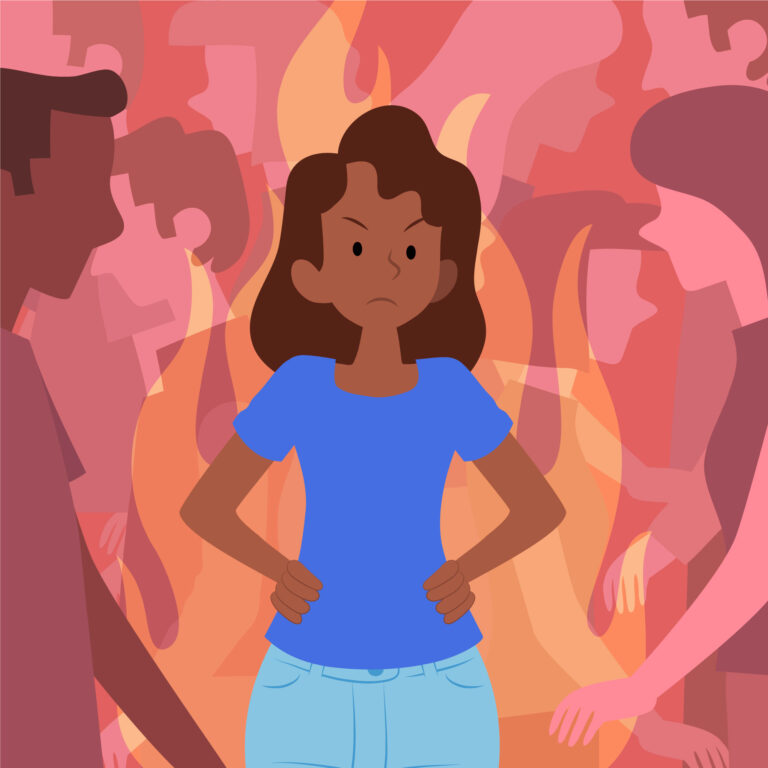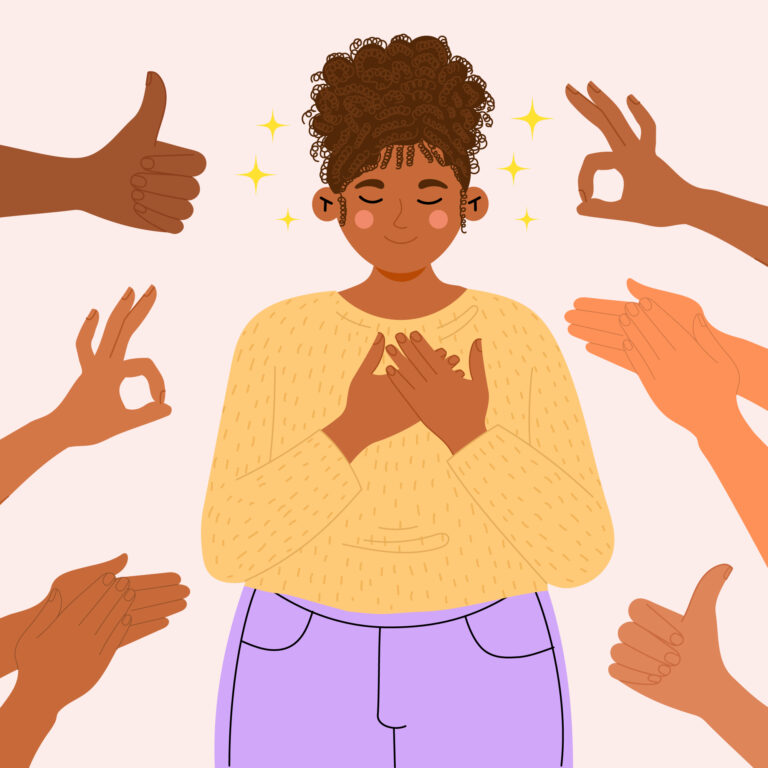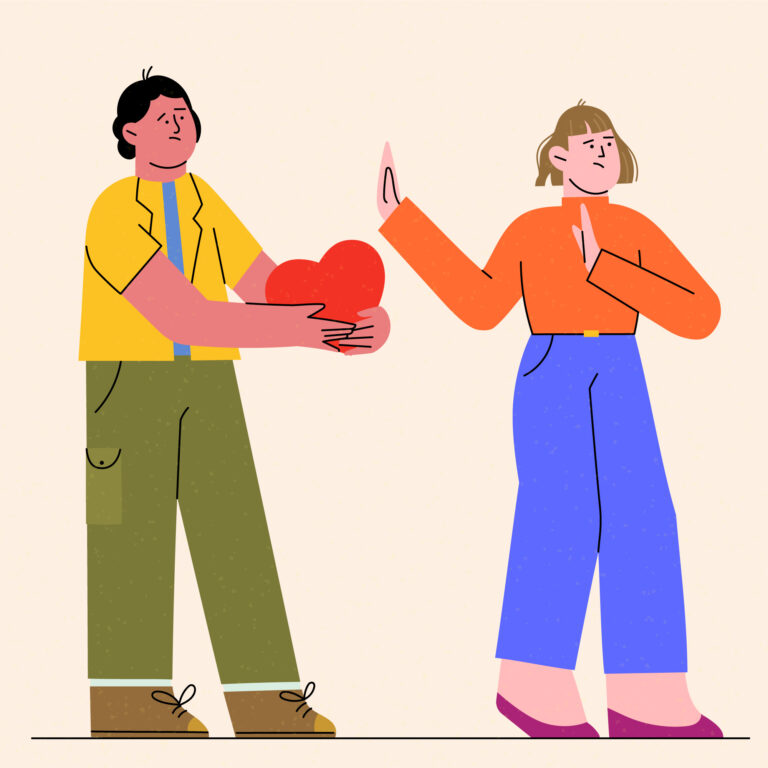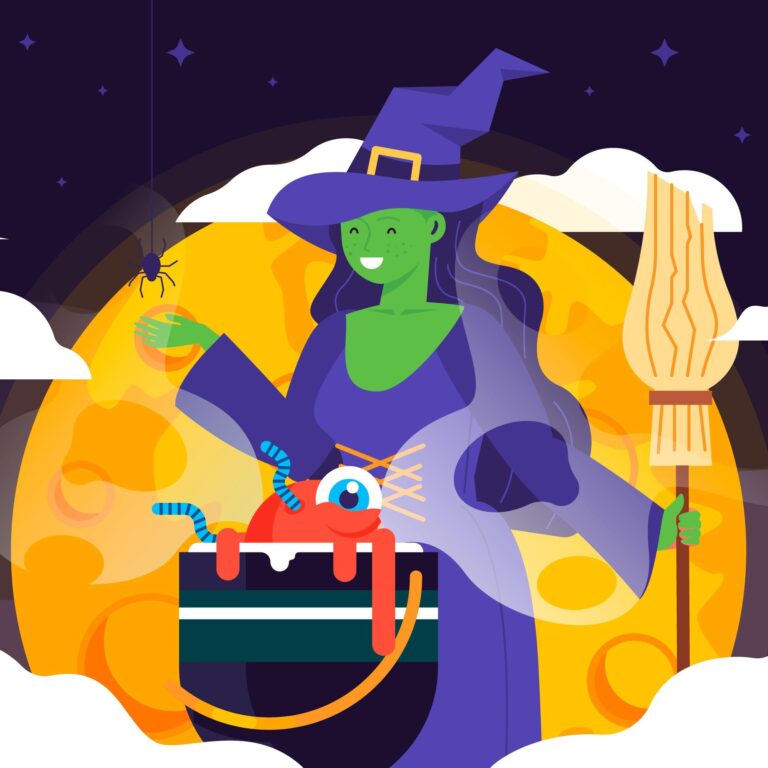An inauthentic life surprisingly starts in childhood
We lose ourselves before we even consciously know who we are
Have you ever wondered when you started living an inauthentic life? When it was exactly that you lost your unique ‘spark’? Your childlike wonder and curiosity? The ‘fuck it’-attitude that made you feel like you could do literally anything that you set your mind to? A lot of us believe that we lost our carefree attitude in our teenage years. When the insecurity and angst set in. But losing your inauthenticity can happen way before that. An inauthentic life can actually start in early childhood.
We as people are naturally inclined to behave in an authentic way. Or at least we are for a limited amount of time.
For our first years on this earth, it’s all we know and all we do. We live as our authentic selves and learn what to do and not to do, but because we’re still learning so much, the possibilities are literally endless and we find something new to authentically try, every day. That early in our lives, there is no alternative. No other way to be.
We couldn’t even be inauthentic if we wanted to.
Because we couldn’t even imagine that there’s a different way to be. But then, after a while, something gets in the way. Everything around us keeps pulling us in different directions.
There are expectations from parents, school, church, friends, society–your surroundings are subconsciously tugging at the invisible strings attached to your tiny body. That signals the start of an inauthentic life.
And that inauthenticity just keeps growing and growing as you get older.
* Free wallpaper download * Free wallpaper download * Free wallpaper download
* Free wallpaper download * Free wallpaper download * Free wallpaper download
Our quest for love
As parents–or even childless adults like me–we all seem to know what is best for kids. We know what food they should be eating, how they should be talked to and we have some pretty clear ideas about how children should be raised.
But as adults we tend to forget what it was like to be a kid ourselves.
We forget that despite what we think they might need, children have a very basic desire that tends to get overlooked in a pursuit of creating the ‘perfect’ life.
All we do when we are small, is to look for love. Meaning that love is what is best for our kids. Love is what is needed to thrive and develop into healthy human beings. Love is what kids look for when they come to a parent, crying.
It’s the testing of boundaries, the cracking of jokes, the constant stream of questions; children are looking for love in the form of comfort, safety and validation.
And kids will do anything to find that love and connection.
Even if it means they have to play a part that might get them noticed. A part that isn’t actually in any way related to their own authentic self. Our authenticity, our authentic and true self, gets covered in assumptions of what we should be in order to be deemed worthy of acceptance.
And an inauthentic life is born.
How an inauthentic life starts
I wrote about the ‘family cult’ before and the inauthentic life is basically a product of that cultish conditioning. Because instead of receiving unconditional love, we get love based on rules and constraints.
It’s everywhere: in the families we grow up in, the schools we attend, the friends we get and the places we move around in.
Jesus will love you as long as you are not gay, trans, or anything else that the Bible supposedly forbids. Society loves you if you actively contribute and do not cause any disruptions in the well-oiled machine of life.
There are tons of ways to burden your kids with expectations and underlying messages. Even the most positive words still send a certain message if those words are conditional. It means we go from doing what we want to do, to doing what we think other people would want us to do.
Things other people say we are good at. The things that our parents envisioned for us. Or the things they couldn’t do themselves so now you’re the one to live out their legacy.
And before we know it, we really become the product of our parents: the ideal son or daughter, the perfect member of society. The friend everybody likes.
What do we lose by letting ourselves get programmed by our surroundings?
The inauthentic life grows with us
To me, the need to constantly be liked and validated, causes me to constantly feel like one of those windsocks, just waiting to see wherever the wind takes me.
I used to think this was a good trait; it made me very likeable and I made connections easily. People feel at ease with me because I constantly adjust to my surroundings.
I’m the person everyone labels as ‘social’. Because I really do fit in anywhere. I can change my personality like a chameleon; adjusting to my surroundings when needed and seemlessly blending in without anyone ever noticing that I’m playing a part.
Like the tumbleweed that has detached its roots, I let the wind carry me wherever it wants me to go. And when tumbleweed starts tumbling, it goes on forever.
Even though it sounds very adventurous–not having any roots–being surrendered to the ever-changing direction of the wind will make you feel dizzy after a while.
And after too long, you forget who you were in the first place.
You stop chasing the things you actually want to do and forget the person you want to be. All you’re doing is trying to conform. Constantly searching for the best way to find approval. The best way to be the ‘best’. But when you’re constantly craving the validation of literally everyone around you, you become a shell of a person.
And inauthenticity soon will be all you know.
We lose ourselves along the way
I have faint memories of my childhood.
Most of them are moments where I felt wronged or hurt. And I think the key is that for most people, those are the moments that stick with us and define our childhood.
The moments where we knew we did something wrong or where we felt embarassed. The moments where we knew that we had to change and adjust in order to make sure we got the validation we so desperately craved.
But those moments also defined the rest of our lives.
Because the truth is: I don’t think I remember a moment where I felt completely careless and free to be who I wanted to be. Even when doing something I enjoyed doing, I was afraid to share that moment because of shame and possible embarrassment.
The rejections that I experienced growing up and the very clear idea of “this is what you should be”, shaped me and made me into the “go with the flow” person that I am today. Someone who can immediately change and adjust when it would make other people more comfortable.
And the most scary part?
I’m not even sure when I stopped being my authentic self.
The person you were before the tumbling started is supposed to be the person you see in your picture books. But looking into her eyes, you are not even sure if the kid smiling back at you was really happy at the time.
What if she was just showing off the huge gap between her teeth, being silly because she knew that would be funny?
Only authenticity fixes an inauthentic life
Authenticity is something I struggle with every day. And I’m sure you do too.
A lot of us are terrified of living an inauthentic life while authenticity scares us just the same.
Even today we know who we would like to be but we’re afraid of being her. The people who read my blog and follow me on Threads get to see the ‘me’ that feels like an authentic representation of my personality.
Some of my friends get to see her and my partner gets to see her. But a lot of people would not recognize her if she walked past them on the street.
I think a lot of the people I know would not like her as much. Or at least, that is what I fear.
There is something admirable about having the courage to be disliked and I am still very much a lion looking to be brave. Authenticity is a constant uphill battle, almost a fight between identities.
On one side you have the character you build with brick sized expectations. And on the inside you have the parts of yourself that you are afraid to show the world. But when you live inside of a concrete structure cemented with presumptions, when will you ever get to be who you are and do what you want?
When will you get to live your life?
Dare to not be ‘normal’
One of the most important gifts you can give yourself, is to find your way back to that child that you were. The carefree and happy human being who wasn’t burdened with the expectations of literally everyone around her.
The biggest act of love is to let yourself play. Mess up. And try again.
You don’t have to love yourself yet. You just have to allow yourself to be. And to make mistakes. To do something outside of the comfort zone that others forced upon you and to dare yourself to not be ‘normal’.
For me it is time to face my fears and show myself. Resist the wind and with that the urge to tumble.
The roots of your personality, like invisible strings that have been in the tugging hands of everyone but you, need a place to root. It is time to tear down some walls and destroy the masks.
A terrifying thing to do but I promise you: you’ll never feel so strong as when you work your way back towards authenticity.
Cause you and I? We will no longer tumble.


